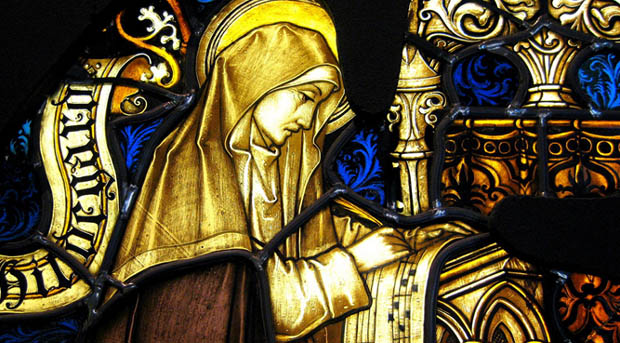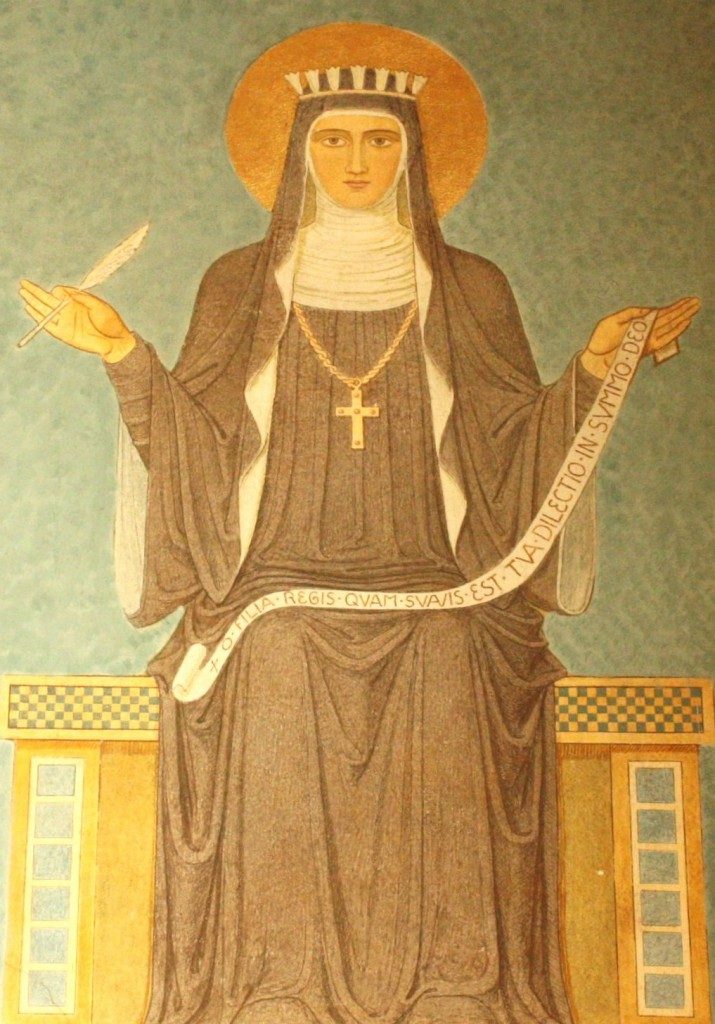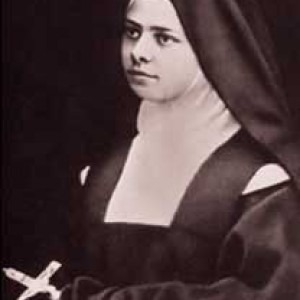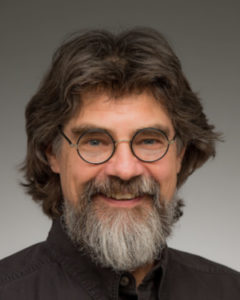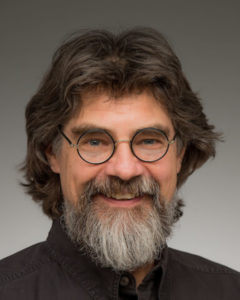Podcast: Play in new window | Download (Duration: 34:43 — 24.0MB) | Embed
Subscribe: Apple Podcasts | Spotify | Amazon Music | Android | Pandora | iHeartRadio | JioSaavn | Podchaser | Gaana | Podcast Index | Email | TuneIn | Deezer | Anghami | RSS | More
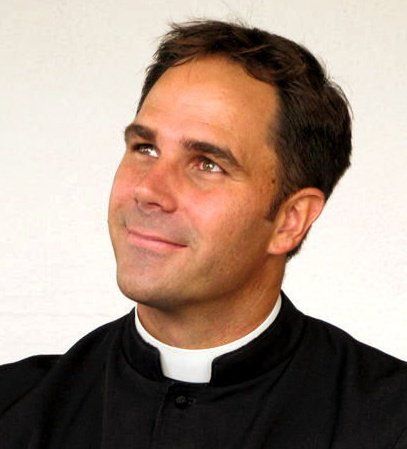
Fr. Donald Calloway, MIC – Champions of the Rosary on Inside the Pages with Kris McGregor
In this episode of Inside the Pages, Fr. Donald Calloway joins Kris McGregor to discuss his book, Champions of the Rosary. The conversation highlights Fr. Calloway’s profound love for the rosary and his goal to create a comprehensive resource covering its origins, significance, and the lives of those who championed its devotion. He describes the book as a blend of history, devotion, and art, aimed at deepening readers’ understanding of the rosary as both a spiritual tool and weapon.
Fr. Calloway recounts the rosary’s development from the earliest Church days, through the influence of St. Dominic, to modern times. He emphasizes the rosary’s historical role in countering heresies, promoting the faith, and strengthening individuals during turbulent times. The book includes stories of lesser-known but extraordinary saints and modern champions like Mother Teresa and St. John Paul II, who used the rosary in their ministries and devotions.
Throughout the episode, Fr. Calloway underscores the rosary’s power as a spiritual weapon and encourages listeners to persevere in praying it, even when it feels repetitive or challenging. He advocates for prayer groups and confraternities, stressing the strength found in communal prayer. Fr. Calloway’s closing message is an invitation for listeners to take up the rosary as a path to spiritual growth, peace, and a means of joining a legacy of holy champions throughout Church history.
You can purchase a copy of the book here.
Discerning Hearts Reflection Questions
- The Rosary’s Historical Importance: How does learning about the history of the rosary enhance your appreciation and understanding of this devotion in the Church?
- Personal Devotion to the Rosary: What role does the rosary currently play in your own prayer life, and how might you incorporate it more consistently?
- Saintly Champions as Role Models: Which saint’s story mentioned in this episode resonates with you the most, and how can their example inspire your own faith journey?
- Overcoming Distractions in Prayer: How can you work to persevere in praying the rosary, even when distractions arise or when it feels challenging?
- The Rosary as a Spiritual Weapon: In what ways can you see the rosary helping you confront personal struggles, fears, or areas needing growth in your life?
- The Power of Communal Prayer: How can joining a group or community of rosary prayer support you in deepening your devotion and strengthening your faith?
- Evangelization Through New Media: Reflect on how you might use modern tools, such as social media, to share the power and significance of the rosary with others.
- Mary as Guide to Christ: How does viewing the rosary as holding Mary’s hand to walk closer to Jesus shape your perspective on this devotion?
- Incorporating the Rosary in Daily Life: What practical steps can you take to make the rosary a more regular part of your daily routine, regardless of your current schedule?
- Responding to Spiritual Challenges: How can the rosary help ground you in faith amid the societal and cultural issues facing the world today?
“Champions of the Rosary is an encyclopedic and inspiring work on the rosary, the spiritual weapon that has been given to the Church. In a remarkable way, it presents the fascinating saga of the birth and development of the devotion so linked to the Dominican Order! This is a wonderful tool for better understanding the rosary, promoting its use, and championing it in our troubled world. I am certain that these pages will inspire us all to take up our rosary!” Fr. Louis-Marie Arino-Durand, OP. Promotor Generalis pro Rosario. Rome, Italy
“Champions of the Rosary is an extremely insightful, pious, and scholarly work on the rosary. Father Calloway’s insights and contributions into the history and heroes of the rosary will not go unnoticed or unappreciated.” — His Eminence Christoph Maria Cardinal Schonborn, OP, STD Archbishop of Vienna, Austria



